Programs
Youth Support Services
We provide therapeutic support for youth with substance use, addiction, screen time, or other compulsive behaviour concerns.
For more information:
Call: 1-519-743-2311 x510
Email: yss@rayofhope.net
View our confidentiality agreement
Community Counselling Services
We provide professional therapy for youth who want to make changes around substance use, addiction, screen time, or other compulsive behaviour concerns.
“Working with Ray of Hope has helped me achieve a mindset which enables me to achieve my goals and feel more confident in myself and my abilities.” – Community Counselling Services Participant
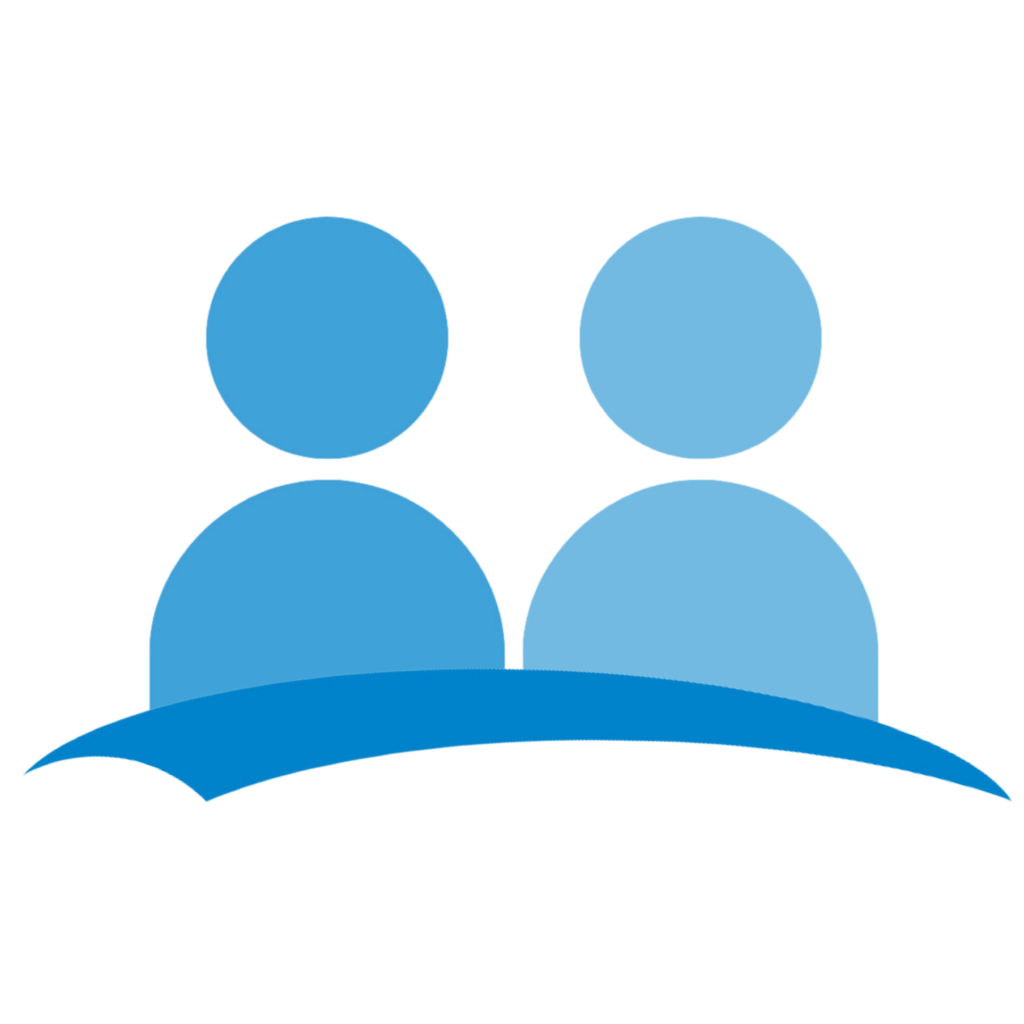
Individual Counselling

Flexible Meeting Locations
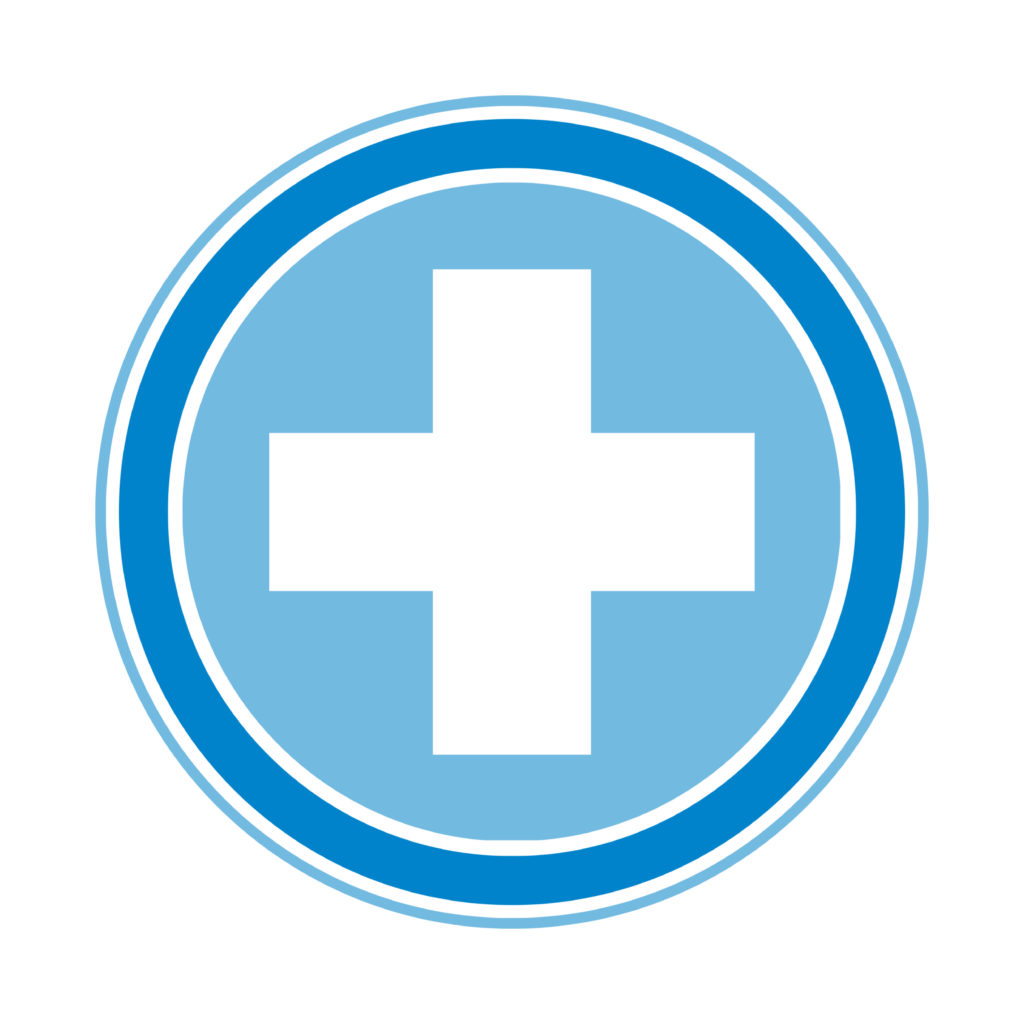
Harm Reduction Program
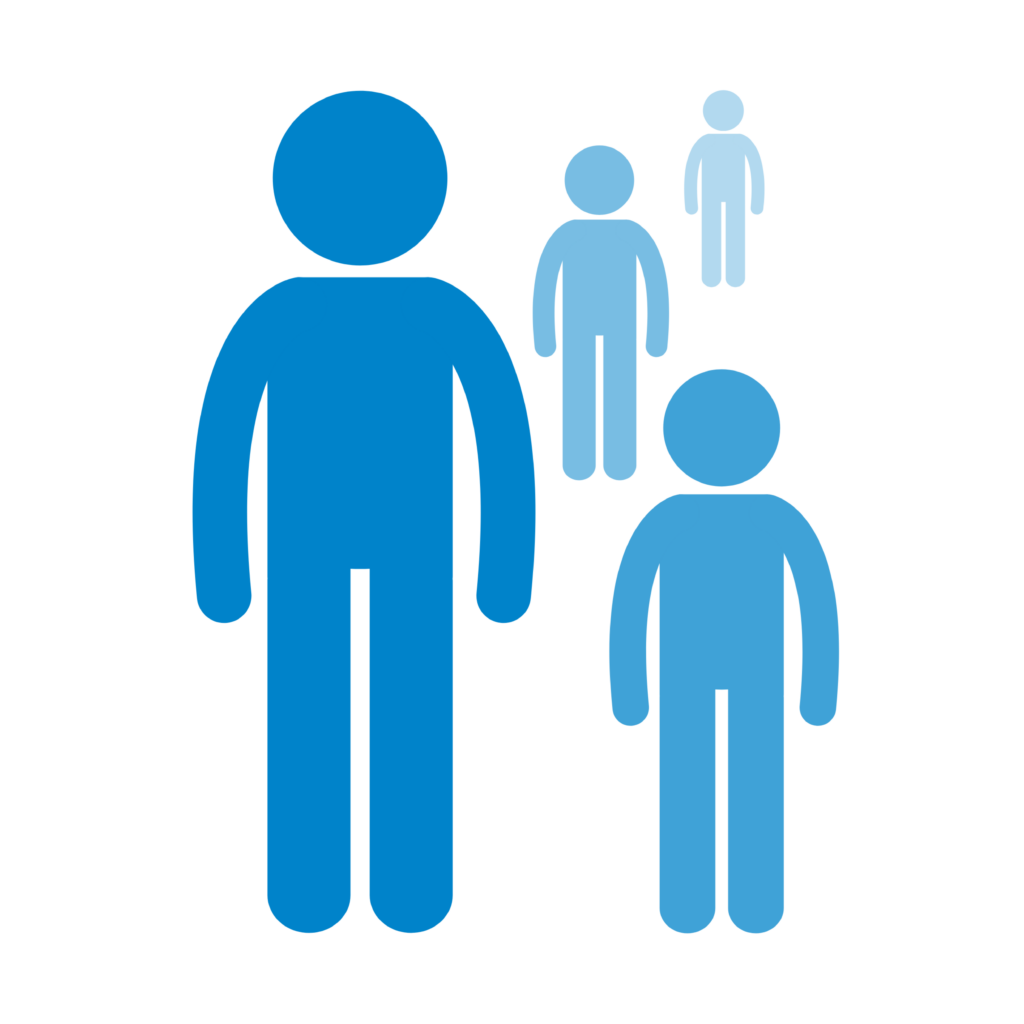
Ages 13-21 Years
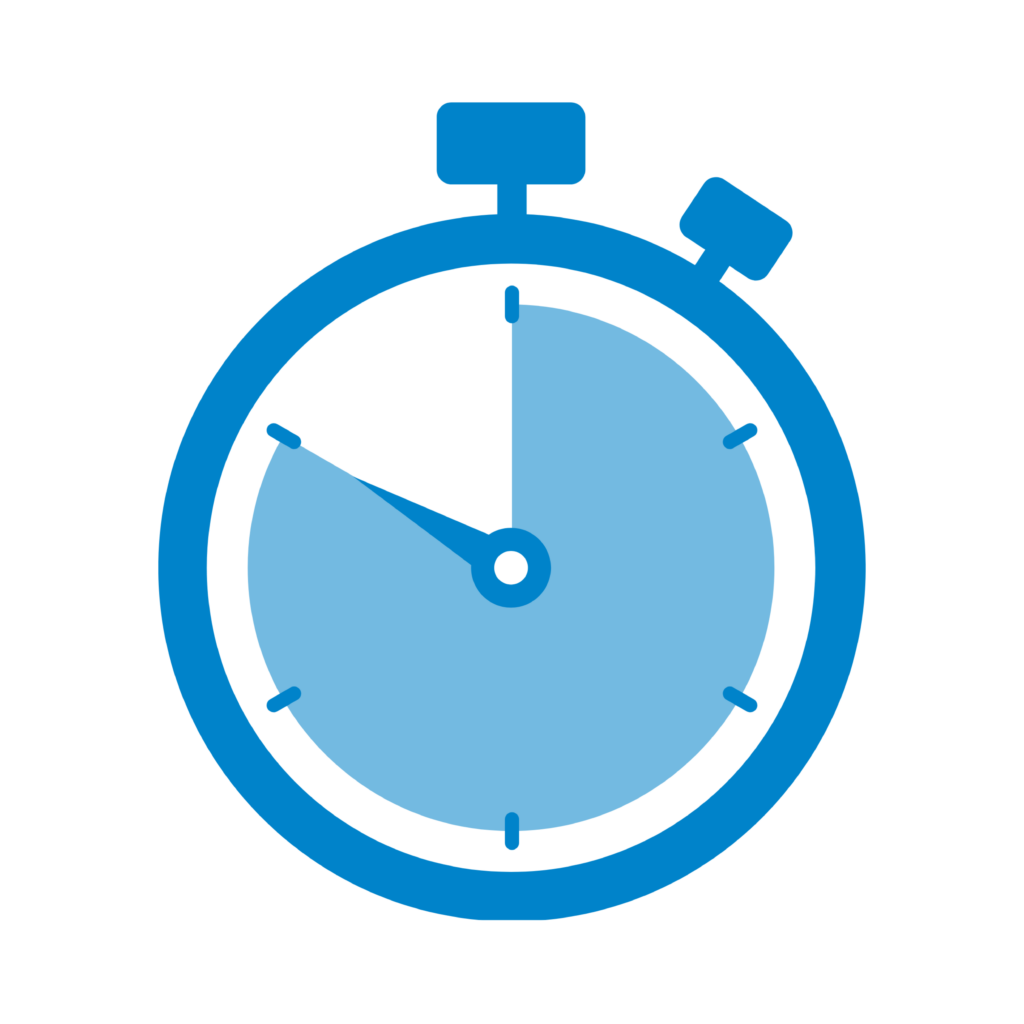
50 Minute Meetings

Virtual Services Available
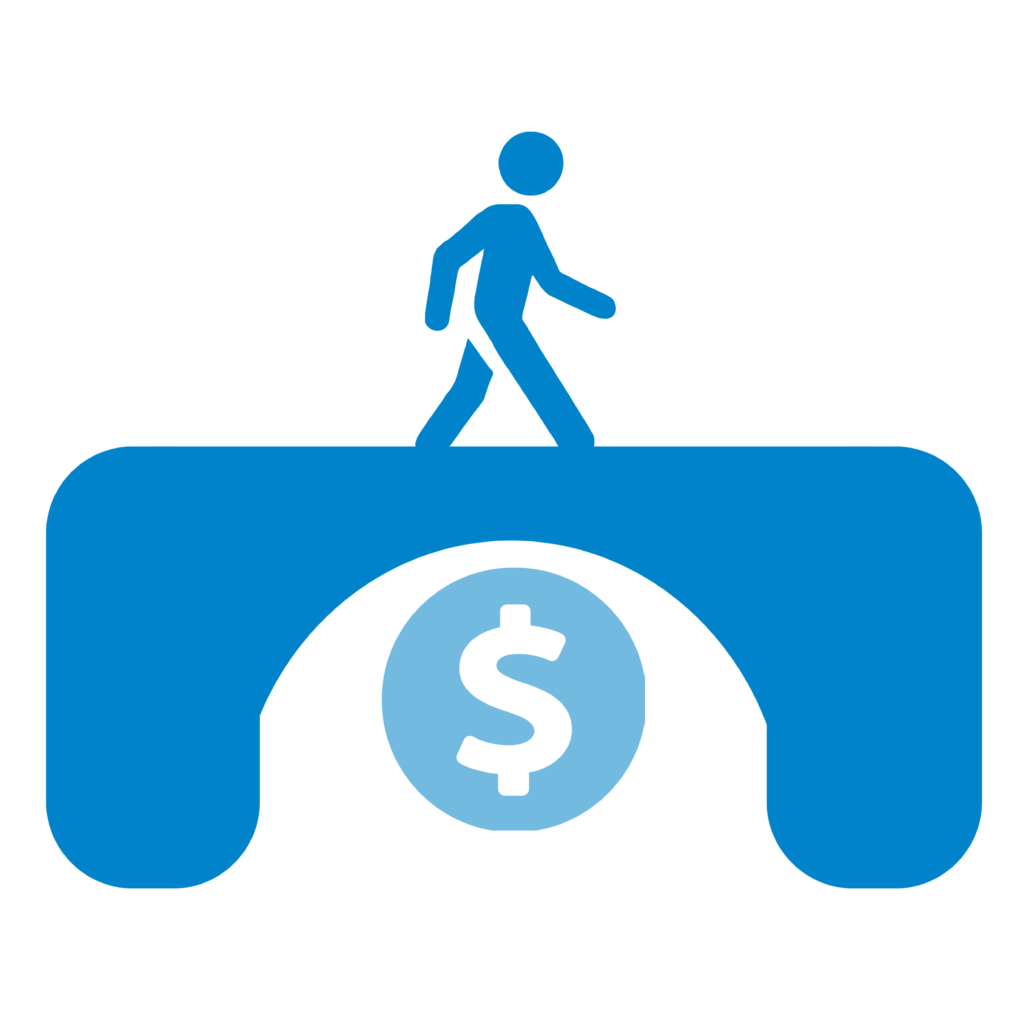
Fees Never a Barrier to Treatment
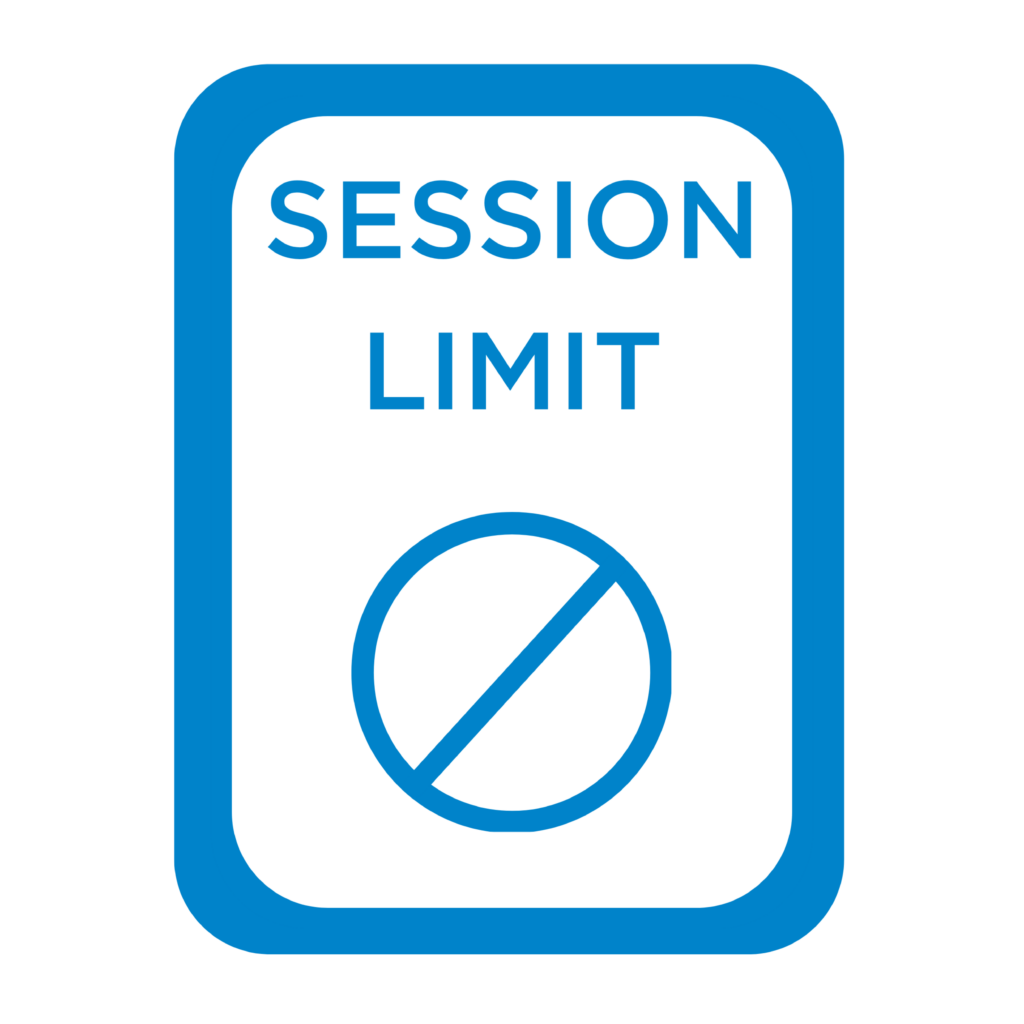
Unlimited Number of Sessions
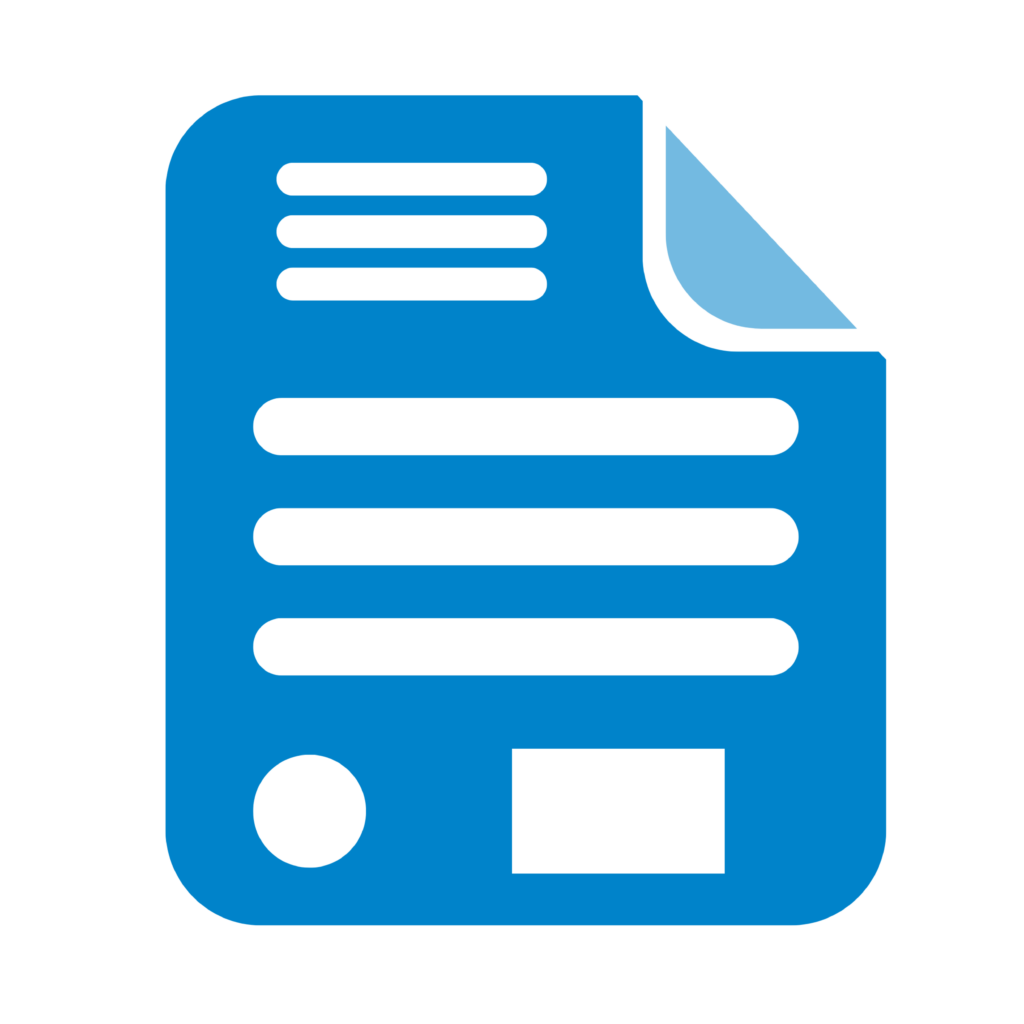
Individualized Treatment Planning
Day Youth Program (DYP)
We provide day programming for youth who want to make changes around substance use, addiction, screen time, or other compulsive behaviour concerns.
“Working with the Day Youth Program has helped me create goals and work towards achieving them.” – DYP Participant

Individual Counselling

Group Therapy

Harm Reduction Program

Ages 13-20 Years
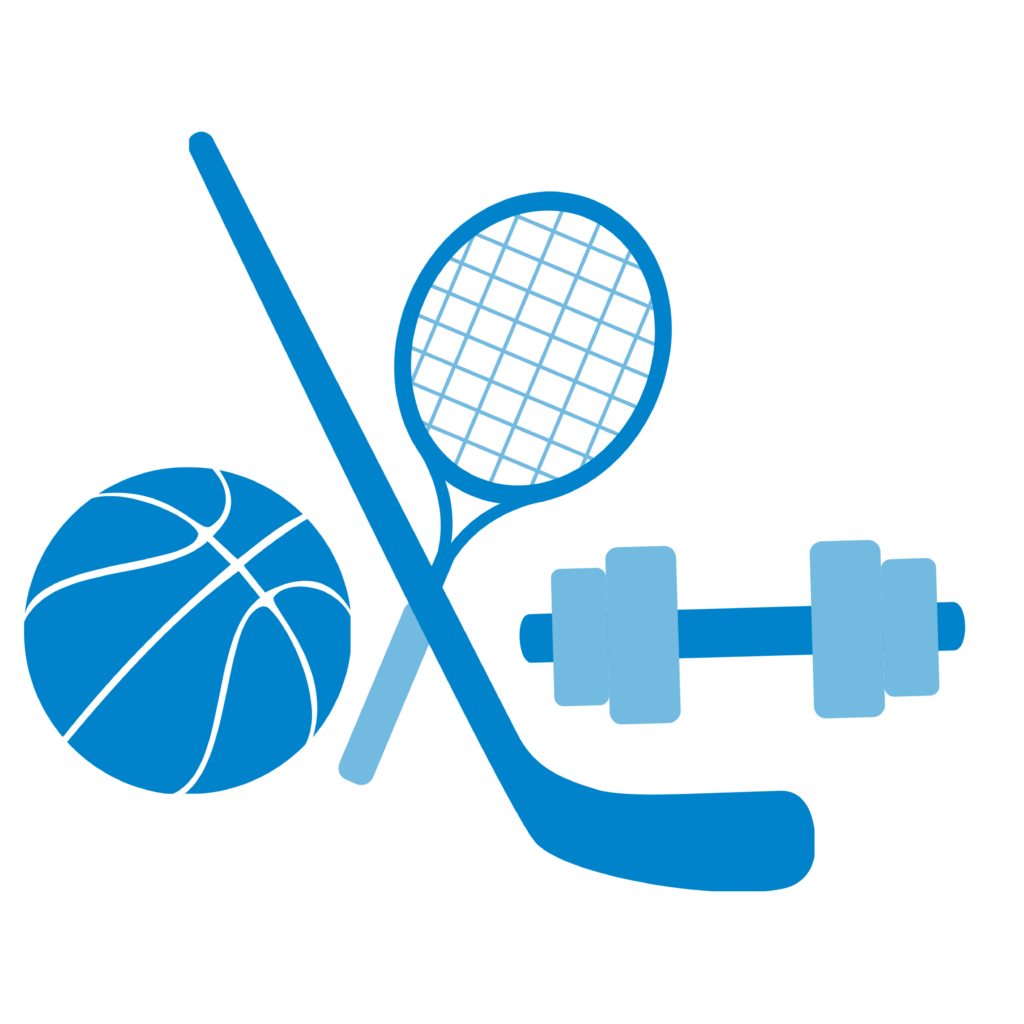
Recreation
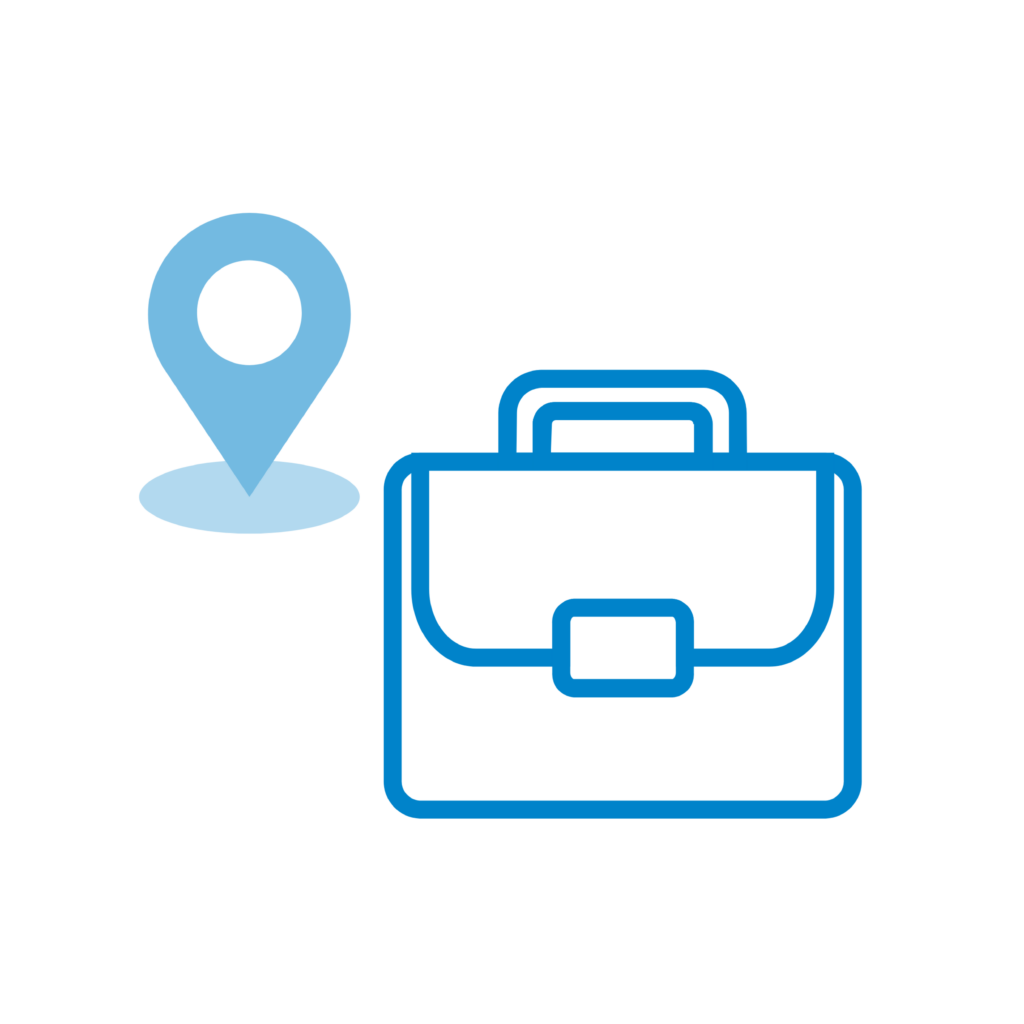
Case Management Meeting Space
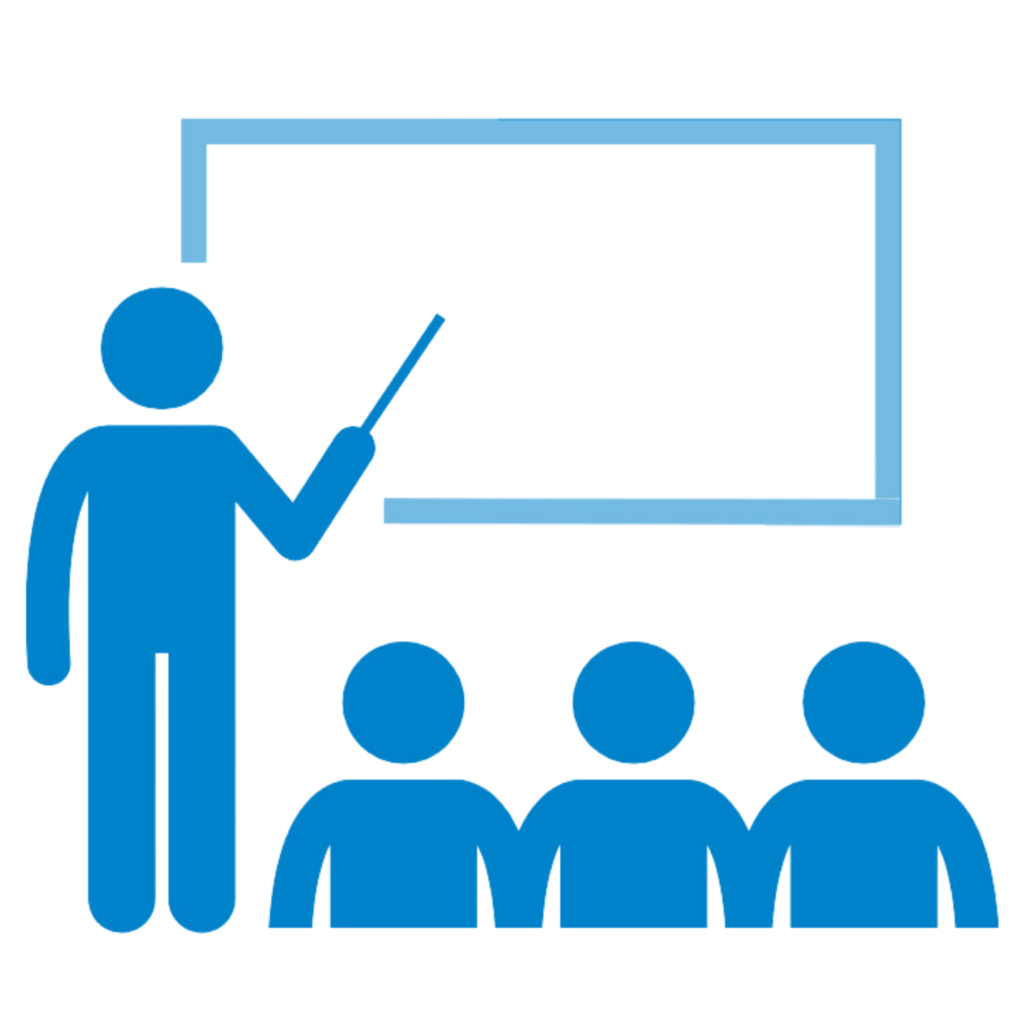
School

Structured Days
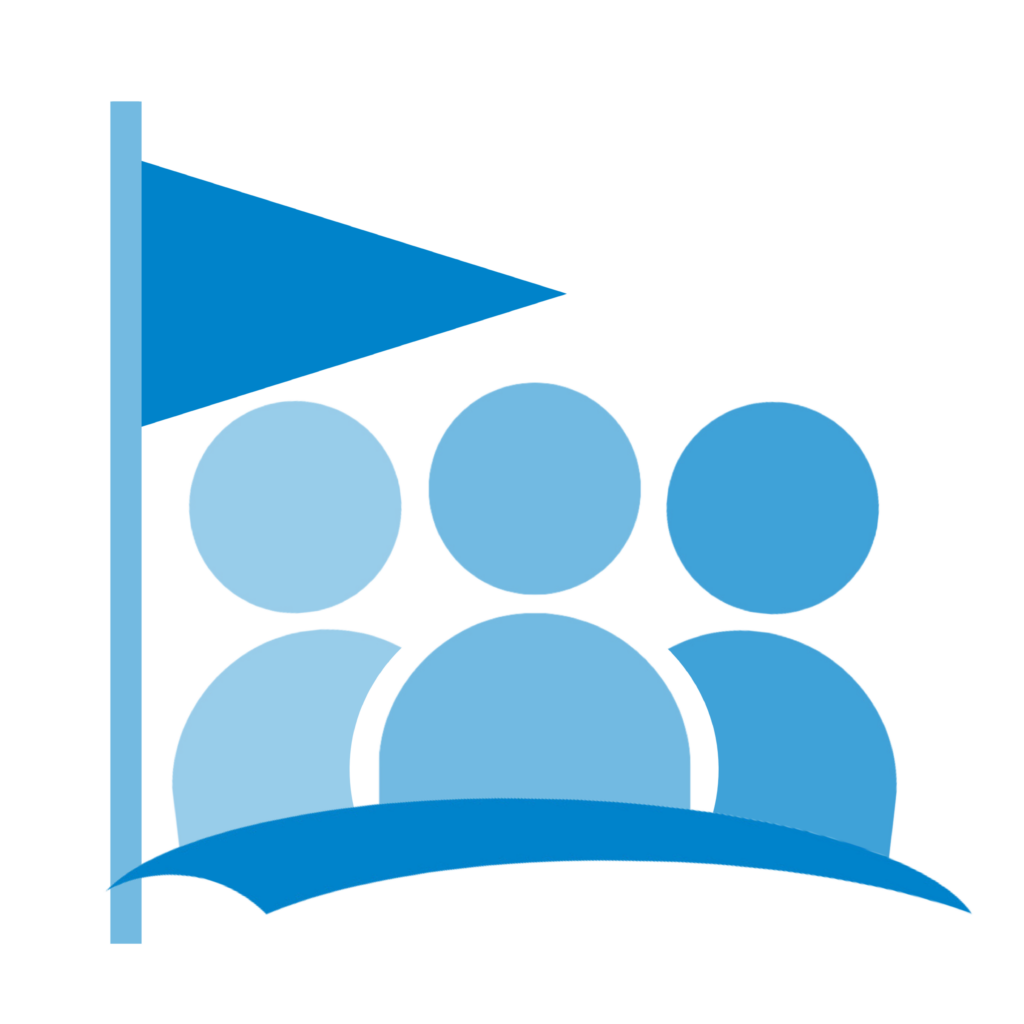
Community Building

Fees Never a Barrier to Treatment
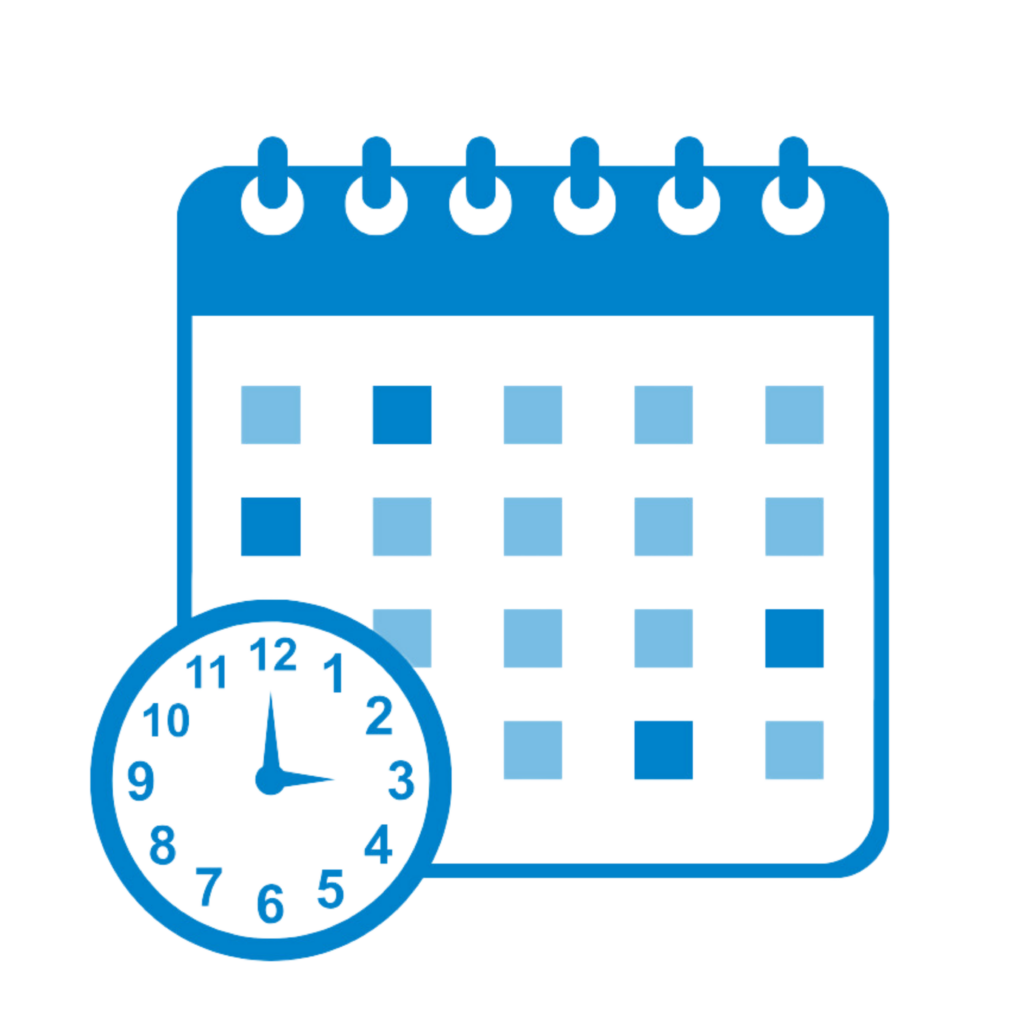
Monday-Friday 9AM-3PM

Individualized Treatment Planning
Program Fee: $150 per month, scaling options available
Caregiver Support Services
Aims to equip families to better provide love and support to their youth around substance use, addiction, screen time, or other compulsive behaviour concerns.
“In the past 15 years we have interacted with a host of mental health practitioners, some were a ‘good’ fit and others were a better fit. The staff at Ray of Hope stand out, they are experienced and offered us timely advice. They understood what we were going through.” – Caregiver Support Services Participant

Individual Counselling or Coaching
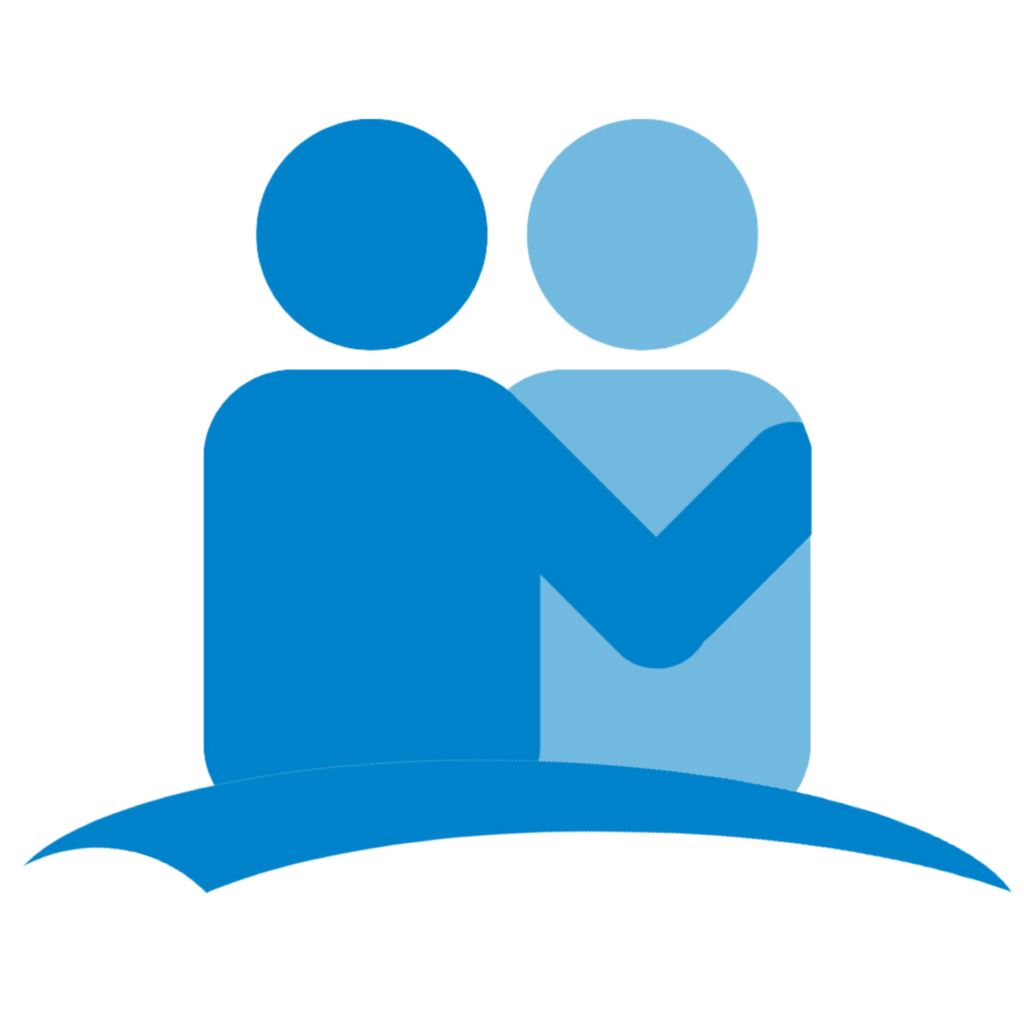
Couple Counselling or Coaching

Unlimited Number of Sessions
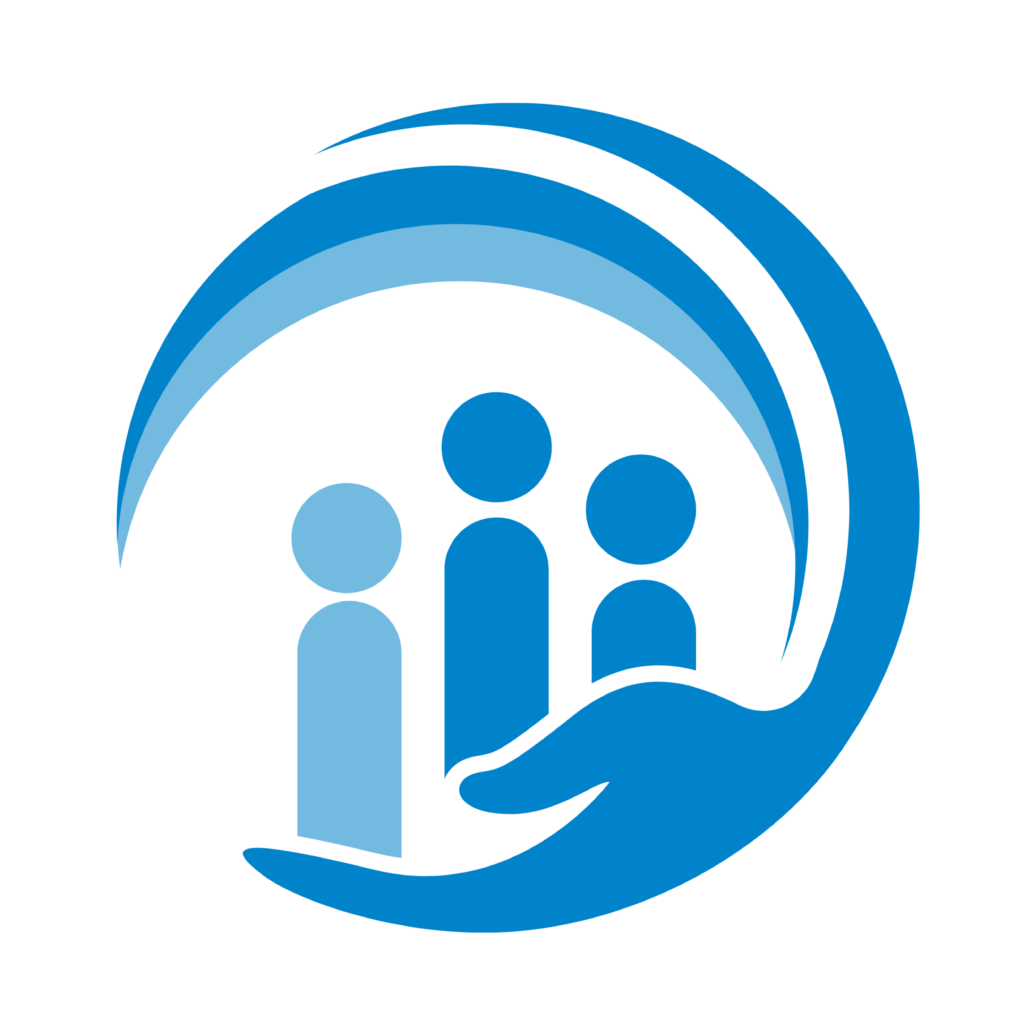
Peer Support Groups

Flexible Meeting Locations

Virtual Services Available

Fees Never a Barrier to Services
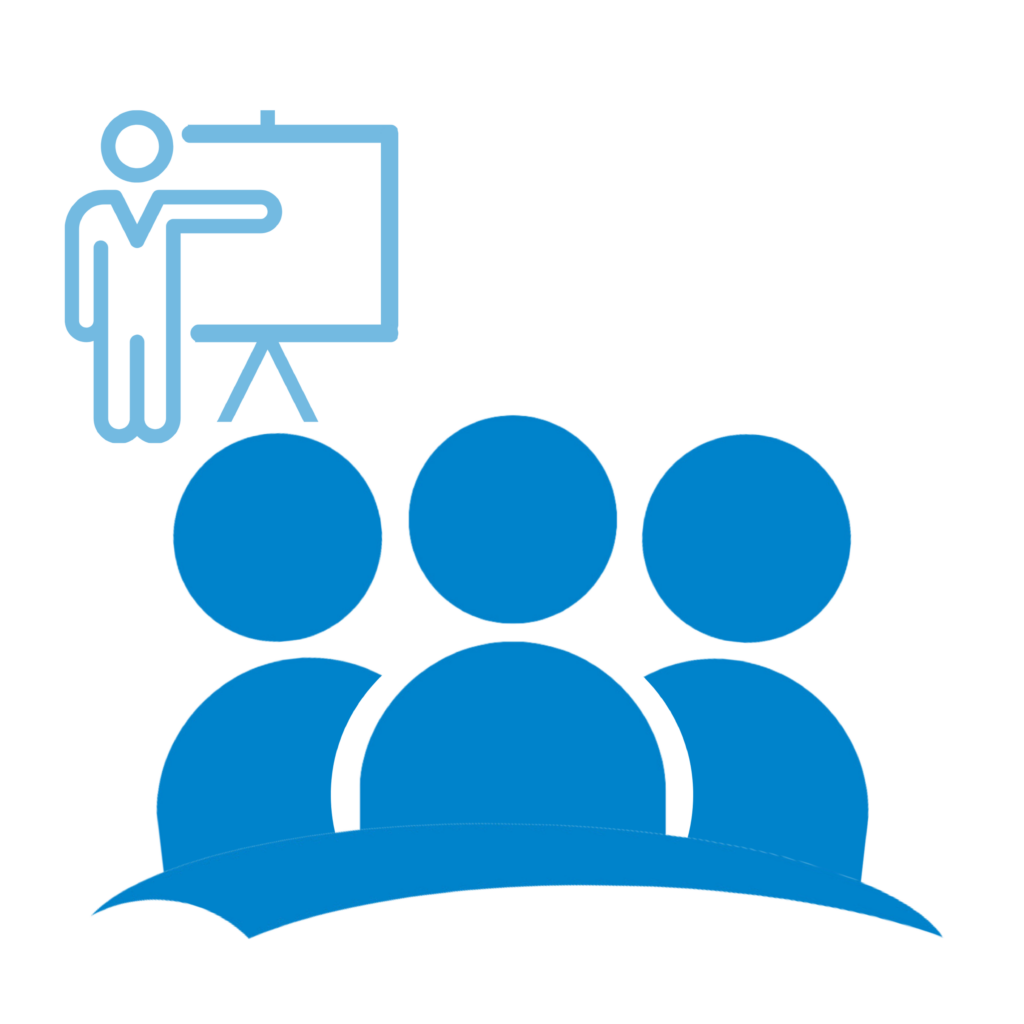
Workshops

Individualized Service Planning

Cost:
First 3 Sessions: FREE
Individual: $130 per session, scaling options available
Couples: $195 per session, scaling options available
Workshops: $20 per person
Frequently Asked Questions (FAQ)
What is the difference between “Youth Addiction Counseling,” “Youth Addiction Treatment,” and “Youth Substance Abuse Programs”?
At Ray of Hope Youth Support Services:
Youth Addiction Counseling includes one-on-one therapy, support, coaching, and group therapy.
Youth Addiction Treatment encompasses Youth Addiction Counseling, teaching life skills, providing structure, and applying what is discussed in counseling/therapy.
Youth Substance Abuse Programs are the frameworks through which clients participate in Youth Addiction Counseling and Youth Addiction Treatment. Ray of Hope offers Community Treatment, Day Treatment, and a general wellness program, NeurOptimal® Neurofeedback (Advanced Brain Training).
Does Ray of Hope Youth Support Services treat mental health concerns if there is no substance use or addiction?
Yes, our Community Counselling Services program is equipped to empower youth facing mental health challenges. While we do not have medical staff such as psychiatrists or nurses and therefore do not prescribe medication, we provide comprehensive support through counseling and therapy.
Mental health and addiction are often intertwined, and addressing both simultaneously is crucial. However, if a youth does not have substance use or addiction issues, we are still happy and able to support them in any way we can.
What does Youth Addiction Counseling/Treatment look like at Ray of Hope Youth Support Services?
We provide tailored youth counseling for various addictions, including drugs, alcohol, porn, screentime, phone, food, shopping, gaming, internet, and more. Treatment is customized to meet the specific needs of each participant and can cover a range of topics: Mental health challenges, Social struggles, Family conflict or challenges, Goals or changes in substance use (quitting, cutting back, making safer decisions), Academic and educational goals, Trauma, Self-esteem and identity exploration, Healthy coping strategies, Leisure activities, Organization, motivation, time management, stress management, personal goals, Setting achievable and realistic goals, Emotional regulation, Coping with grief, Relational struggles with friends, family, partners, Communication and healthy boundary setting, Self-advocacy (with family, school, healthcare providers), Resume building, Improving physical wellbeing and health, General coaching and support
Can mental health issues cause substance abuse in youth?
Yes, mental health issues can lead to substance abuse in youth as they may use substances to cope with their emotional pain or stress. Our programs aim to address both mental health and substance abuse to provide holistic care.
What are the signs of mental health issues in youth?
Signs of mental health issues in youth can include changes in behavior, mood swings, withdrawal from social activities, and difficulty concentrating. If you notice these signs, it’s important to seek professional help.
How do you ensure confidentiality in mental health services?
We operate under the Personal Health Information Protection Act (PHIPA), ensuring that all mental health services are confidential. Clients have control over who knows about their involvement with us.
What mental health resources are available for youth who are not ready for addiction treatment?
For youth not ready for addiction treatment, we offer mental health resources such as counseling, and wellness programs. These resources help them build resilience and prepare for future treatment.
My child has not used any drugs in the last 48 hours. Why are they still acting out?
They are likely experiencing acute withdrawal.
There is nothing “cute” about acute withdrawal. It can last up to two weeks and is the body’s response to the absence of addictive substances. During this period, individuals may exhibit various physical and emotional symptoms as their body adjusts to the lack of drugs.
What mental health challenges do you address in Youth Addiction Counseling?
At Ray of Hope Youth Support Services, we address a wide range of mental health challenges, including anxiety, depression, trauma, and stress. Our tailored counseling services help youth manage these issues alongside their addiction treatment.
How does mental health impact youth addiction?
Mental health issues such as anxiety, depression, and trauma can significantly impact youth addiction. Addressing these underlying mental health conditions is crucial for effective addiction treatment and long-term recovery.
What is the difference between acute withdrawal and post-acute withdrawal?
Acute withdrawal occurs when your brain reacts to the absence of substances. It can be very uncomfortable, painful, and, depending on the substances used, potentially deadly. This phase lasts up to two weeks after stopping use.
Post-acute withdrawal begins after acute withdrawal. During this phase, your brain chemistry relearns how to function without drugs. It involves fluctuations in brain chemistry, causing overproduction and underproduction of natural “happy” chemicals. For more detailed information, check out this page on the stages of post-acute withdrawal.
Post Acute Withdrawal Syndrome (PAWS)
What role does mental health play in post-acute withdrawal?
Mental health plays a significant role in post-acute withdrawal. During this phase, youth may experience mood swings, anxiety, and depression as their brain chemistry adjusts. Our programs provide mental health support to help them navigate this challenging period.
FAQ: What is the Difference Between Abstinence and Harm Reduction?
Both abstinence and harm reduction are approaches to drug addiction recovery, but they differ significantly in their methods and goals.
Abstinence: This approach involves completely stopping substance use, often abruptly (“cold turkey”). Individuals then manage withdrawal symptoms as they gradually diminish, which can take up to 2 weeks for acute withdrawal and up to 2+ years for post-acute withdrawal. While effective for some, this method can be dangerous, especially for substances like benzodiazepines (e.g., Xanax) and alcohol, where withdrawal can be life-threatening. Medical supervision is crucial in these cases to ensure safety. With powerful synthetic drugs (like fentanyl, nitazenes, and xylazine) on the streets today, a safe medical detox is often more humane before transitioning to an abstinence approach to recovery. Contact a RAAM clinic for more information.
Harm Reduction: This compassionate approach focuses on minimizing the negative consequences of substance use. It empowers individuals to make informed choices and improve their quality of life through gradual, small changes. Harm reduction strategies include safer use practices, reducing frequency, and seeking medical support when needed. It acknowledges that not everyone is ready for complete abstinence and supports any positive change.
Example: If you drank 24 cups of coffee a day, an abstinence approach would involve stopping “cold turkey.” In contrast, a harm reduction approach would involve gradually reducing your coffee consumption over a longer period.
Ray of Hope Youth Support Services can tailor treatment to either approach based on your goals.
Does Ray of Hope have a live-in or residential treatment program?
Ray of Hope Youth Support Services no longer offers a Youth Residential Treatment program.
My child cannot get into withdrawal management (detox) because they are under 16 years old. How do I keep them safe?
Reaching out to your local RAAM (Rapid Access Addiction Medicine) clinic for assistance or finding a community withdrawal support program in your area is strongly recommended.
Until then,
Monitor Symptoms: If you cannot access withdrawal management services, ensure your child stays hydrated and monitor the following symptoms every hour (or more frequently if symptoms are worsening):
- Agitation
- Orientation
- Level of Consciousness
- Hallucinations
- Mood
- Diarrhea
- Vomiting
The Substance Use Withdrawal Monitoring Checklist provides guidance on what to look for and gives you a total score to track symptoms over time. This helps determine if symptoms are worsening (higher score) or improving (lower score). It also indicates when to seek medical treatment and when to go to an emergency room for specific symptoms scores. Click here for our version.
Can you do family or group sessions in Community Counselling Services?
With consent, we can facilitate one or two sessions with others to work on specific topics. However, sessions are generally individual.
If it’s identified that relationship or communication patterns need support, we can assist the youth in setting boundaries and increasing self-awareness around their communication style to help mediate.
Can I receive services from Ray of Hope Youth Support Services anonymously?
You will need to provide your name and date of birth during the intake interview. However, we operate under PHIPA (Personal Health Information Protection Act), ensuring your work with us is confidential. You have control over who knows about your involvement with us. If you inform us during intake that you do not want anyone to know you are a client, we will honour that request within all legal and reasonable obligations.
I want my child to stop using or drinking altogether and abstain. Why is the focus on harm reduction and safe use when it’s illegal?
Sadly, substance use often strips parents and guardians of their ability to speak into their teen’s lives in a way their teen can hear and receive. If this is the case, we provide Caregiver Support Services for parents and guardians who can refer themselves for help.
Lasting, drastic life changes in youth rarely happen without real internal motivation. While external motivation can be effective temporarily, it tends to be unsustainable and very taxing on loved ones.
If your youth is willing to work with us, our goal is to foster a non-judgmental relationship that allows them to discover what they are internally motivated to work on.
What is the difference between Day Youth Program and Community Counselling Services?
Day Youth Program is a comprehensive, structured program that runs from Monday to Friday. It includes a variety of activities such as school, group therapy, one-on-one therapy, recreational activities, and life skills training. This intensive approach provides a supportive environment for individuals to work on their goals daily.
Community Counselling Services, on the other hand, is more flexible and less intensive. It typically involves one-on-one therapy sessions once a week or as needed. This option is ideal for those who require less frequent support and can manage their treatment with more independence.
Additional Resources
Here 24/7
YSS is not a crisis service. If you are in crisis and live in Wellington Waterloo Region please call Here 24/&7 at 1-844-437-3247 (HERE247), 911, or your local emergency services.
https://here247.ca/
ConnexOntario
If YSS is not what you are looking for, here is the Government database for private and publicly funded mental health and addiction treatment options in Ontario.
https://www.connexontario.ca/en-ca/
Parent Support Hub
Drug Free Kids is a good online resource for Caregivers.
1-866-381-1511
https://www.drugfreekidscanada.org/supporthub/
Kids Help Line


